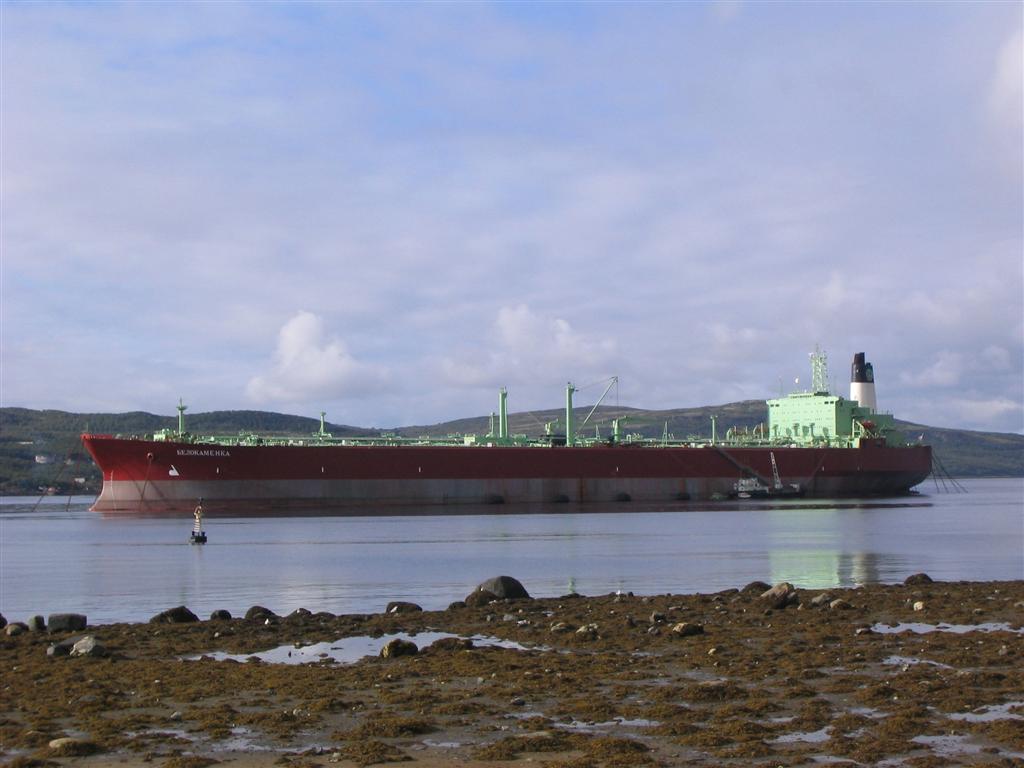
 |
| Back to Main Page ----- Back to Chapter 1 |
|
1.13 COMMUNICATIONS AND LANGUAGE DIFFICULTIES Given a reasonable amount of cooperation and good leadership, language difficulties within a crew can usually be worked around. Where a level of language difficulty persists it is of great importance that adequate training and drills be conducted so that the crew understands what is expected of them in emergency situations as well as routine work. If the crew cannot be verbally directed in the event of an emergency, then they must know what is expected through training and drills so that it will be done without direction. 1.13.1 Ship-shore difficulties  Ship and shore must have common-language capability before transferring oil. Where difficulties arise between the ship's crew and shore terminal
personnel, or between a larger ship and a lightering vessel, immediate
measures must be taken. In accordance with section 4.5 of the International
safety guide for oil tankers and terminals "a person with
adequate technical and operational knowledge and sufficient command
of a language understood by both ship and shore personnel" can
be appointed as an interpreter. Alternatively, the ship's watches may
be rearranged so that each watch includes a crew member who can speak
the language of the shore terminal. 1.13.2 Ship-to-ship communications |
| page top |